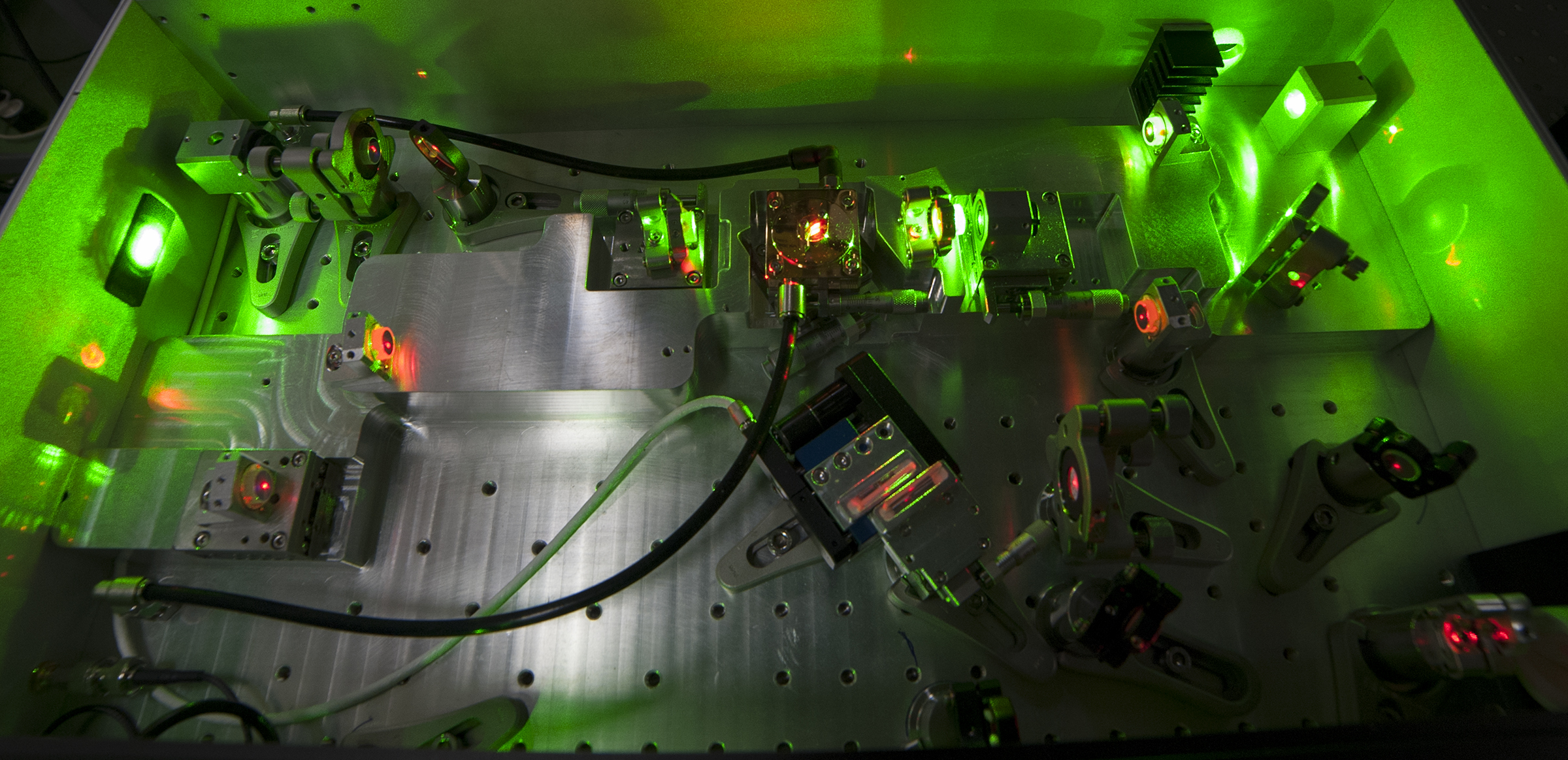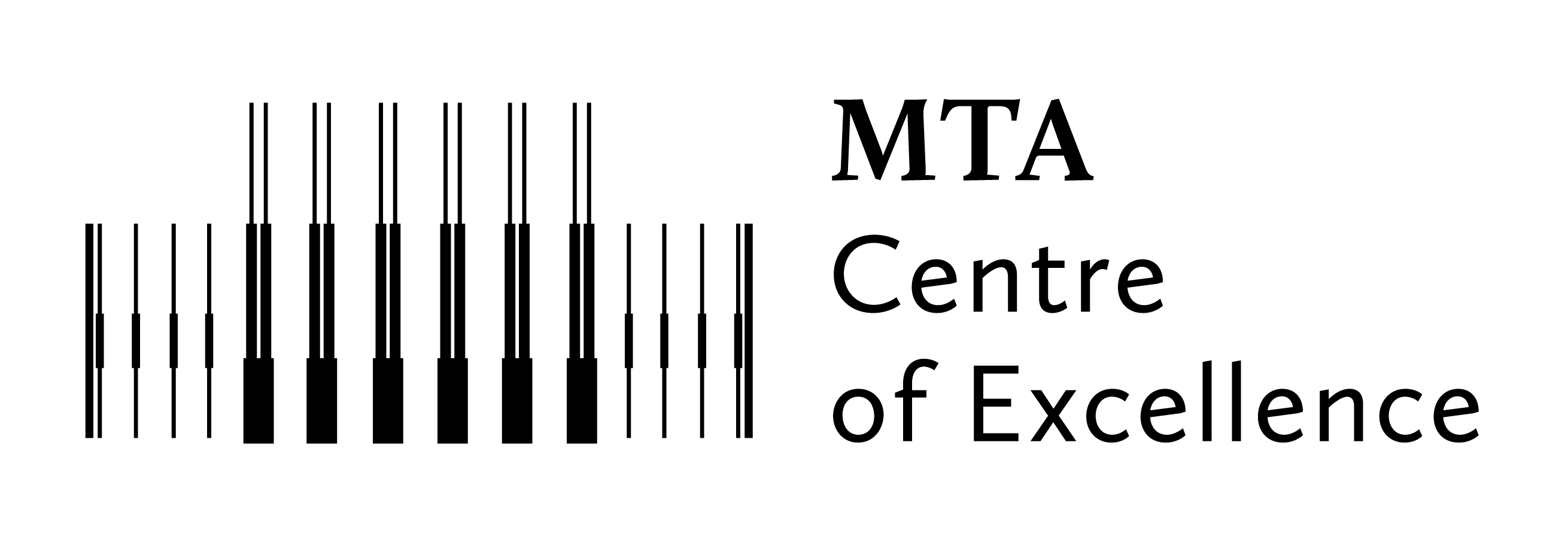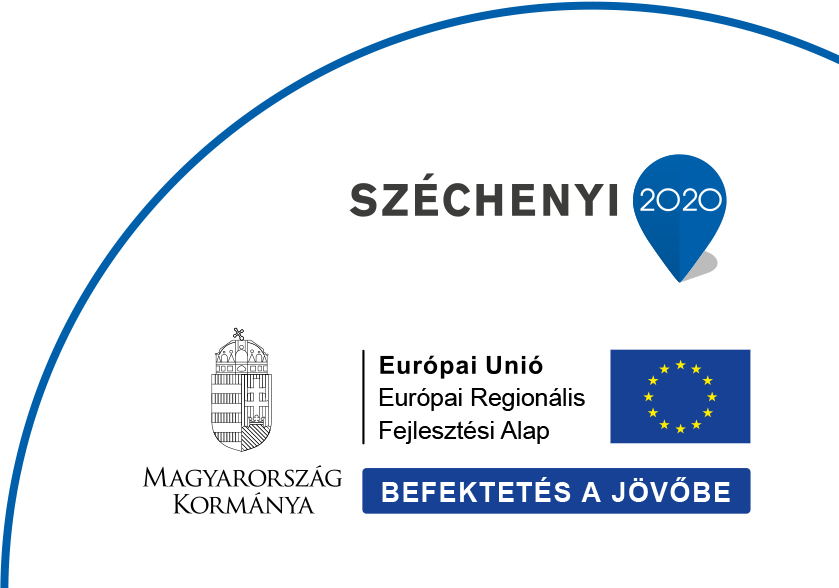Ultrafast, high-intensity light–matter interactions Research Group

Group Leader: Dombi Péter
Group Webpage: www.femtolab.hu
Publications of the group: link to the database of the Hungarian Scientific Bibliography
Certain ultrafast atomic and molecular processes are accessible to human eyes only by using some, yet less well-known features of lasers. For this particular use, specific laser systems are built. These lasers can emit almost white light providing an excellent tool for observing processes that happen in the course of femtoseconds (a billionth of a millionth of a second). The procedure is similar to the usage of a camera that takes several snapshots of a motion: the observation relies on controlled, very short flashes of laser light. With these laser pulses we can “record” such processes. The fastest processes in various materials and nanosystems have the potential to enable ultrahigh-speed data processing and the production of very short electron bunches.
Infrastructure
Lasers
- 4 mJ / 1 kHz / 35 fs regenerative Ti:sapphire amplifier (Coherent)
- 260 nJ / 3.6 MHz / 60 fs long-cavity Ti:sapphire oscillator (home-built)
- 120 nJ / 7 MHz / 50 fs long-cavity Ti:sapphire oscillator (home-built)
Other equipment
- high harmonic beamline with XUV spectrometer (home-built)
- time-of-flight electron spectrometer (Kaesdorf)
- retarding potential electron spectrometer (home-built)
- standard autocorrelator (APE GmbH)
- short-pulse autocorrelator (home-built, >5 fs)
Research directions
- ultrafast phenomena in condensed systems (ultrafast plasmonics and ultrafast photoemission)
- ultrafast processes in nanostructures
- strong-field phenomena
- femtosecond pulse compression techniques
- development and characterization of femtosecond optical components
- high harmonic and attosecond pulse generation
Research collaborations
- Joachim KRENN, Ulrich HOHENESTER, University of Graz, Austria
- Ferenc KRAUSZ, Max Planck Institute for Quantum Optics, Germany
- Abdul ELEZZABI, University of Alberta, Canada
- Katalin VARJÚ, University of Szeged, Hungary
- János HEBLING, University of Pécs, Hungary
- Jens BIEGERT, Institute of Photonic Sciences, Barcelona
- Miguel A. PORRAS, Universidad Politécnica de Madrid
- William BARNES, University of Exeter



